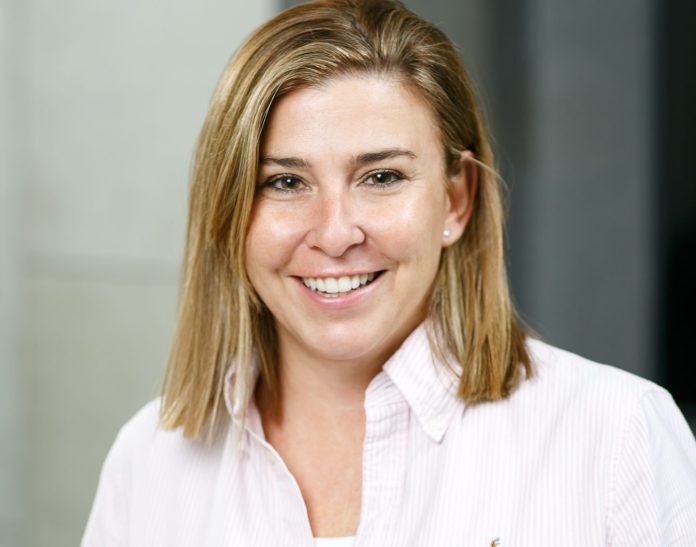SME Magazine catches up with Rebecca Peach, above, Founder and CEO of Legacy of Lives to talk to her about her business
- Tell us about Legacy of Lives, Rebecca. When did you set the company up and what was the thinking behind it?
We launched our first service in January 2022 to offer a way for consumers to prepare and plan their funerals, and make sure that they leave a blueprint of their wishes, contacts and documents. Since then, we have gone through a period of rapid growth and have now expanded to not only offer at need and pre-plan funerals for consumers but also a free independent comparison and funeral booking service. This means that we now have a network of over 5000 funeral directors from across the UK from which to draw expertise and experience for our customers, supporting them through the entire process.
The thinking behind the company and the free supportive planner was to help consumers navigate the difficult process of planning a funeral, this idea came to me three years ago. It was at this time that I went through what was an incredibly stressful process of planning a funeral after the loss of my Aunty Kathy. Her young family and I were left to organise everything with very little idea of what she would have wanted or how to go about arranging the service and costings, it was very much like taking a step in to the unknown at a time when we really needed support.
Legacy of Lives is the only online free independent funeral comparison and booking site, we are proud to support consumers from start to finish in the journey of planning a funeral. Our goal is to make sure that planning a funeral is as stress-free, transparent and simple as it possibly can be.
- What have been the main challenges so far?
One of the main challenges is just to get people to think and to talk about funerals and death. Everyone has been to a funeral at some point in their life and many people have even helped plan one, and yet very few people have ever discussed their wishes in any detail; beyond perhaps the cliché funeral song choices. It’s crazy to think it’s something we will all have and is our last shindig but yet no one talks about it or plans ahead. It’s so helpful to those we leave behind to fulfil our wishes.
- Tell us about some of your high-profile investors
We have been lucky to have the support of an amazing group of early investors who have really bought into the goals and ethos of Legacy of Lives. Two of the figures within this have been Ollie and Ben Black, experienced founders and investors, who have also worked and been incredibly involved in the eldercare and childcare markets. They quickly understood how poorly consumers are served in the funeral care industry despite it being a near ubiquitous experience to require a funeral. Also on the board is Dominic Cameron, a serial entrepreneur with decades of experience in taking start-ups to exits such as Lastminute.com and Photobox. The board bring a huge amount of experience to the team.
- Where do you hope the business will be in five to ten years’ time?
We hope to make Legacy of Lives the go to tool for funeral planning in the UK. Alongside this goal, we want to reduce the taboo associated with talking about death and funeral planning. There is no easy way to have this conversation with a family member or loved one but by focusing on personalisation and high levels of service we can make it easier.
We are also working closely with charity partners such as Hospice UK and Marie Curie, with £30 from each funeral going straight to charity. This is a commitment close to our hearts and one that will make a real difference to the quality of care possible. We will continually work with hospice nurses and their boards to constantly improve our product to service their patients.
By 2025 our goal is to facilitate 12 per cent of all UK funerals, becoming a trusted household name in the process along with our funeral director partners. From that point on, looking toward more like ten years’ time, we will be looking to translate our experience and software to other international markets, as we already know that the problems that exist in the UK are by no means unique.


